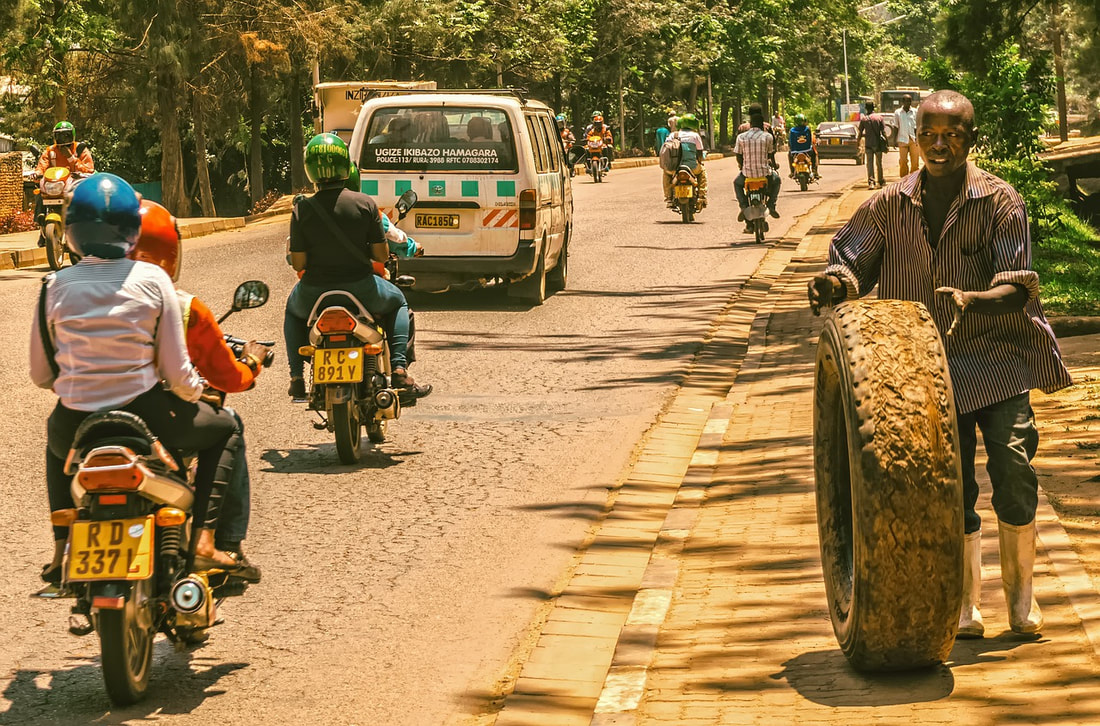|
By: L. Mizne Rwanda is a low-income country located in Sub-Saharan Africa, a region where, to this day, women still face various barriers to study in both primary and secondary schools. Gender parity has not yet been achieved in any of the 46 countries in the area, where the average ratio for girls to boys in school remains 8:10. This lack of access to education for girls is partially due to the patriarchal ideologies in these countries, since there is a high cost of education and many families would rather pay for their sons to attend school. Other significant drawbacks include the high number of child marriages and high rates of gender based violence.
The nation faced a terrible genocide in 1994 which led to an impoverished population and a destroyed infrastructure- including schools left in poor conditions. Rwanda also faces a legacy of brutal violence against women- so much that during the 100 days of genocide, up to 500,000 women were raped. So, how is the country managing to change this? Well, the government has been making an increased effort towards rebuilding and improving education, paying special attention to breaking these cultural and historical barriers which currently prevent women from completing their school education. Together with UNICEF Rwanda, the Rwandan Ministry of Education wrote a Teacher Training Package teaching how to break down the gender bias and explaining how to put gender equity into effect through a clear change in priorities and practices- all with the common goal of "building gender equality in every classroom in Rwanda”. The nation also believes it is imperative to highlight the importance of women completing their secondary education, as a World Bank study shows that it would result in an increased standard of living, a decline in population growth, improvement in social behaviors and in nutrition (since it would lead to better decision-making skills). Recently, a program called “Safe School for Girls” has also been implemented in 174 schools throughout the country, engaging more than 19,000 boys and 47,000 girls in a span of 5 years. In it, boys learn how to prevent, report and support women who have faced harassment or rape. Rini Mutijima, an 18 year old living in a village near Kigali (the capital) told BBC that he learned how "If we happen to see such violence, we report them and make sure the people who have [committed said violence] are judged". This same program teaches girls how to achieve financial independence and control family size, a key need in the country’s development. At the moment, women already hold 61% of the positions in the parliament, which is more than in any other country in the world, and though it is still a matter in need of ongoing funding and surveillance, it is crucial for other Sub-Saharan countries to use this as an example to build a better future for not only girls, but for their entire population.
0 Comments
Leave a Reply. |
Categories
All
Archives
June 2024
|

